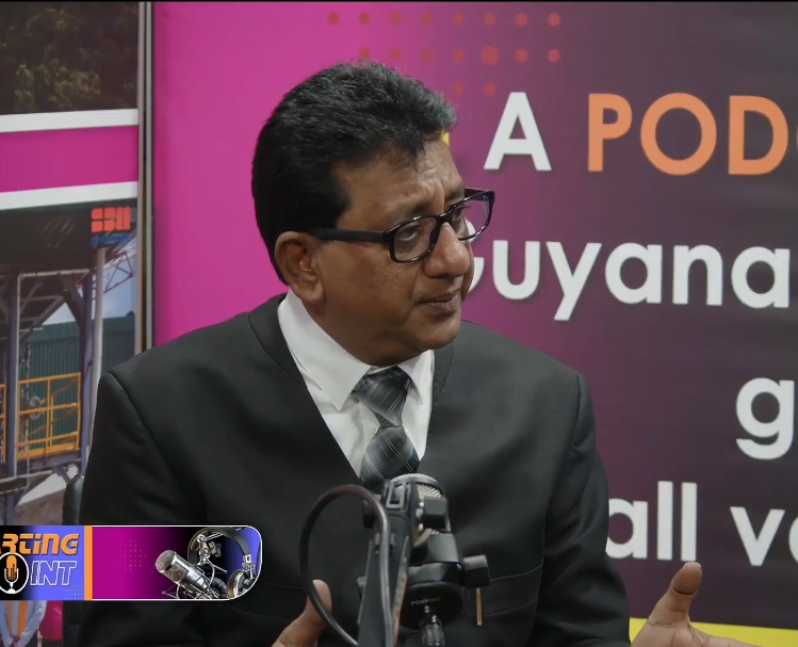THE government remains committed to maintaining active and continuous engagements with the banking sector, as part of its efforts to improve the ease of doing business and simplifying banking procedures such as the opening of accounts.
This affirmation was given by Attorney General (AG) and Minister of Legal Affairs, Anil Nandlall, who was speaking on Sunday’s episode of the ‘Starting Point’ podcast.
During the episode, he noted that the government led by President, Dr Irfaan Ali has prioritised dialogue with the financial sector to address challenges that hinder business operations and financial access.
Nandlall recalled that his most recent meeting with the commercial banks followed a direct instruction from President Ali after members of the sector had raised concerns.
“The President immediately engaged me and said, sit down with the banking sector. Sit down with this important stakeholder and go through whatever problem they have, and let’s see how we can address this,” the AG recounted.
According to Nandlall, that engagement revealed that there were “no major problems” within the system, but rather a “disconnect” that can be resolved through regular discussions.
“It’s just that we need to engage more so that if there is misunderstanding or a lack of clarity on any of the provisions of the statute, whatever they are, we have to discuss them. And that was what was really lacking,” he stated.
Against this backdrop, he noted that some of the existing challenges stem from outdated measures introduced during Guyana’s previous placement in relation to anti-money laundering and countering the financing of terrorism (AML/CFT) compliance.
He noted that while Guyana has since rectified its legislative framework and achieved strong international scores, some local banking practices remain unnecessarily restrictive.
“What is still in the banking sector are remnants of that outdated regime,” he said, referring to rules implemented during the period when Guyana was sanctioned. “Our system was certified to be far more compliant than [other countries], yet I am told that to open an account in one of those countries is less burdensome. Something is wrong.”
Further to this, he stated that despite Guyana’s high rating in the Caribbean Financial Action Task Force (CFATF) most recent evaluation, local banks continue to apply rigid procedures that may no longer be justified.
“It means that our system needs to do an introspection and rid itself of self-imposed obstacles that are no longer relevant,” he said.
With this, he affirmed that the government remains open to engagement with financial institutions to ensure that the sector’s operations align with the country’s development goals.



.jpg)








